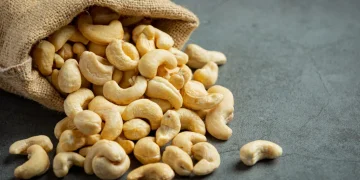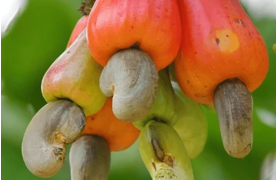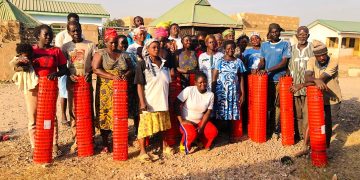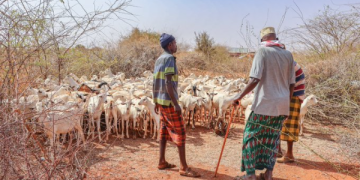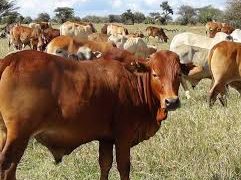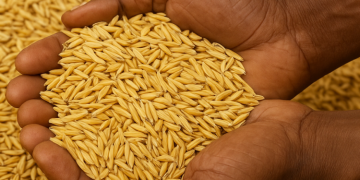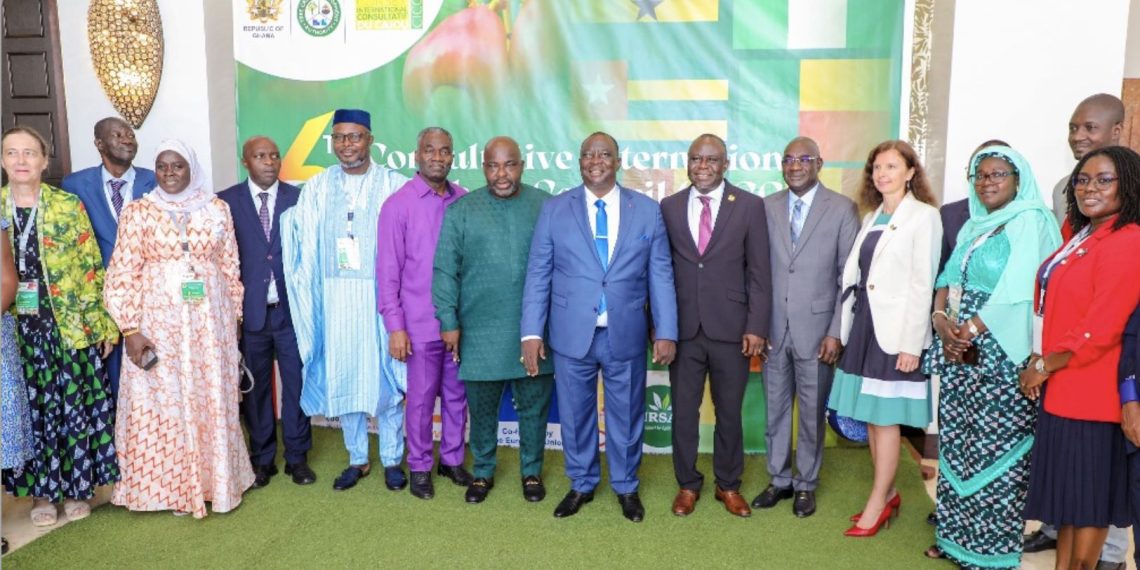The European Union (EU) is emphasizing the importance of sustainable production and economic advancement within the cashew sector, according to Ms. Paulina Rozycka, Head of Infrastructure and Sustainable Development for the EU in Ghana. Ms. Rozycka stated that the EU is committed to providing support for the development and implementation of transformative policies in partner countries to ensure economic growth.
Speaking at the sixth Council of Ministers’ Conference of the Consultative International Cashew Council (CICC), Ms. Rozycka highlighted the EU’s recognition of the economic and environmental potential within the cashew value chain. The conference, themed “Projecting the Cashew Sector through Local Consumption, Value Addition, and Job Creation,” convened ministers, experts, researchers, and stakeholders from eleven African countries to exchange experiences and identify opportunities for promoting the cashew industry.
Ms. Rozycka expressed the EU’s interest in seeing a thriving processing hub in Africa closely linked to European markets, guided by principles of inclusiveness and sustainability to maximize revenues and job opportunities for African nations. She emphasized the potential for cashew to lead the way in establishing an agro-industry based on agroecological principles, aligning with the EU Cashew Initiative currently in development.
Highlighting existing collaborations, Ms. Rozycka mentioned the EU’s support for the GIZ-implemented Move-ComCashew Programme and its contribution to the dynamic growth of the cashew sector in Africa. She noted that ComCashew is part of the larger AgroBusiness Facility for Resilient Value Chains, co-funded by the EU and the German Ministry of Cooperation.
Under the program, Ms. Rozycka highlighted ongoing efforts, including the training of experts through the GIZ-ACA Master Training Programme and the allocation of a Matching Grant Fund to selected private sector partners across eleven countries, including Ghana. This fund aims to address the financing needs of actors within the value chain and promote inclusivity and sustainability.
Ms. Rozycka commended Ghana for its recent approval of the Tree Crops Regulation, which seeks to enhance competitiveness, productivity, profitability, and sustainability within the tree crop sectors, particularly cashew.
The CICC, comprising Benin, Burkina Faso, Cameroon, Côte d’Ivoire, Ghana, Guinea, Guinea-Bissau, Mali, Nigeria, Senegal, and Togo, was established in 2016 to foster consultation and synergies among member states for a sustainable cashew sector.
Africa’s cashew industry has shown significant potential in recent years, with approximately 60% of the world’s raw cashew nuts produced on the continent, notably led by Côte d’Ivoire, the world’s top producer, which produced nearly one million tons in 2021.












